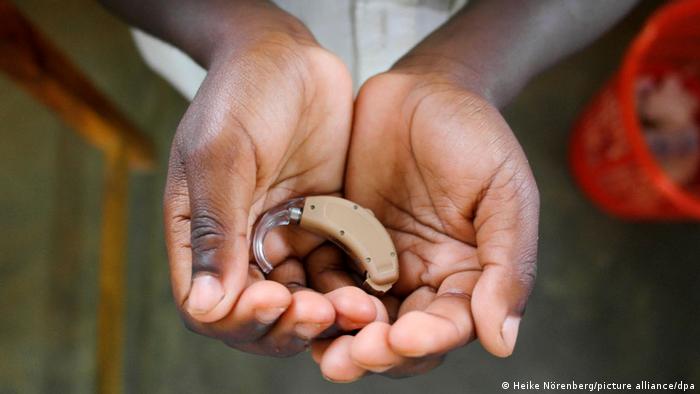AS we count down to Christmas, it’s likely your kids are getting pretty excited.
But keeping them in check in the lead up to the big day can be challenging.
You might often reprimand them with empty threats that Santa won’t visit them if they don’t do their chores.
However, one expert has said that this is a big mistake, adding that this could actually be making their behaviour worse.
Family psychotherapist Fiona Yassin, is urging parents to be mindful of the phrases they say to their children in the run up to, and at, Christmas.
She explained that there are a number of problematic phrases parents and caregivers use that can suck the joy out of the festive season for young people.
Here Fiona, who is the founder and clinical director at The Wave Clinic revealed three phrases you should avoid to stop your kids acting out.
1. Santa will put you on the naughty list if you don’t behave
This is a classic phrase I’m sure we’ve all heard from our parents and we may have very well already said to our kids.
But Fiona said this might have a negative effect.
While you might associate symptoms of anxiety in children with being clingy and reserved, experts at Childmind said that this could also be in the form of misbehaving or problem behaviour.
They said: “Problem behaviour can also be a symptom of anxiety. That’s because some anxious children feel an overwhelming need to get out of the situation that’s making them uncomfortable.”;;
Fiona said that this particular phrase could be anxiety inducing in children.
“Parents can be tempted to ward off bad behaviour with the threat of the naughty list. However, rewarding ‘good’ behaviour with presents and ‘bad’ behaviour with punishment can teach children and teenagers that they are less worthy when they are bad.
“Consciously and unconsciously, young people believe they are good when they do good, or bad when they do bad things. To the young person this may feel like their truth unless the parent or caregiver is continually reminding them they are unconditionally loved,”;; she said.
2. Give grandma a Christmas kiss
As a kid, there was nothing worse than being told to give your old granny a kiss.
Dr Lim Boon Leng, a psychiatrist from Dr BL Lim Centre for Psychological Wellness said most of the time, kids won’t disobey their parents for the sake of it.
However, the expert said that when they are being told or made to do something, they lack freedom and choice, which may lead them to defy their parents wishes – causing them to act out.
Fiona said that it’s important that parents and other family members respect a young person’s reluctance to hug or kiss a relative.
“When a child or young person is forced to hug, kiss or show affection, it takes away their agency and choice. Ultimately, it gives them the message they are not in control of their own body, which can be dangerous for a child or young person to hear,”;; she added.
3. If we buy you that present, we can’t afford to pay the bills
Sometimes parents use a phrase like this to try and make their child understand they don’t have much money or they are in a tricky financial situation, Fiona said.
“This Christmas, families will feel extra-stretched with the cost of living crisis.
“But the truth is, children (especially young children), don’t understand finances and neither should we expect them to. Positioning gift giving in this way can cause young people to feel anxious and guilty.
“It can also be very confusing for a child if they’re told they can’t have something they’ve asked for because there’s no money to pay for it and then it appears under the tree on Christmas day.”;;
Fiona added that you should also avoid telling children they have to be good now they have been given the gift they wanted.
“This phrase implies the gift being given to the child comes with terms and conditions.
“The question parents could ask themselves here is: Is it really a gift if it’s not unconditional”;;, she added.




